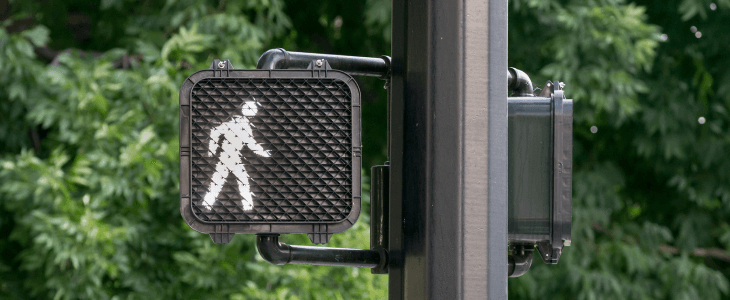In the chaotic aftermath of a car accident, emotions run high, and it can be challenging to think clearly. However, documenting the scene promptly can be crucial for protecting your rights and building a strong personal injury claim. As seasoned personal injury attorneys in New York, we understand the importance of gathering pertinent information immediately […]
Read More
How Do the Regulations Governing Truck Driver Hours Affect Accident Claims?
The trucking industry is a cornerstone of national goods transportation, yet it carries the weighty responsibility of ensuring road safety. Central to this responsibility are regulations governing truck driver hours, aimed at preventing fatigue-related accidents and safeguarding all road users. Regulations Governing Truck Driver Hours The Federal Motor Carrier Safety Administration (FMCSA) enforces Hours of […]
Read More
What are the Rights of a Patient After a Misdiagnosis?
A misdiagnosis can be a harrowing experience, impacting not only a person’s physical well-being but also their emotional and financial stability. If you find yourself in a situation where you believe you have been misdiagnosed, it is crucial to understand your rights a s a patient. In this guide, we will explore the rights of […]
Read More
What are the Steps to Take if the At-Fault Party in a Car Accident is Uninsured?
Dealing with the aftermath of a collision can be challenging enough, but discovering that the at-fault party is uninsured can add a layer of complexity to an already stressful situation. It is crucial, however, to remain calm and informed about the necessary steps to protect your rights and seek compensation. Take a minute to let […]
Read More
How to Recognize the Subtle Signs of a Traumatic Brain Injury
Traumatic brain injuries (TBIs) can deeply and lastingly impact a person’s life, making it essential to recognize their signs early for prompt diagnosis and treatment. Highlighting the subtle signs of traumatic brain injury is critical for New Yorkers to detect these often-overlooked symptoms and pursue necessary medical and legal support. Recognizing Subtle Signs of a […]
Read More
How Do Truck Accident Claims Differ from Regular Car Accidents?
Motor vehicle collisions can leave a trail of devastation, particularly when they involve commercial trucks. For those affected in New York, recognizing the intricacies of truck accident claims is vital. This guide illuminates the distinctions and unique challenges these claims present, aiding in the pursuit of rightful compensation. Distinct Differences Between Truck and Car Accident […]
Read MoreAre Dog Owners Liable for Bite Injuries?
Dog bites are distressing events that can inflict lasting physical and emotional scars. If you’re on the receiving end of such an injury, it’s natural to wonder about your recourse and who might be held accountable. The intricacies of liability in dog bite cases highlight the importance of understanding the legal framework governing dog owner […]
Read More
What To Do Immediately After a Slip and Fall Accident?
Slip and fall accidents can happen in the blink of an eye. Whether it’s a wet floor in a grocery store or a poorly maintained sidewalk, these incidents can result in serious injuries and life-altering consequences. If you find yourself the unfortunate victim of a slip and fall, it is crucial to know what steps […]
Read More
What Rights Do Pedestrians Have After an Accident with a Vehicle?
In the bustling streets of New York, pedestrians weave through traffic and navigate crowded sidewalks, accidents involving vehicles can and do happen all too often. If you find yourself a pedestrian involved in such an incident, it is crucial to understand your rights and the legal recourse available to you. Key Rights of Pedestrians After […]
Read More
What Are the Leading Causes of Crush Injuries?
The Syracuse personal injury lawyers at Carden Dotzler Hammond, PLLC, want anyone who has sustained a crush injury to understand their legal options. In this blog, we’ll look at the top reasons crush injuries occur and why recognizing these causes is crucial to seeking fair compensation. Keep reading to learn more, and don’t hesitate to […]
Read More

